
How to get URL link on X (Twitter) App


 We have virtually no evidence of an Arabic-speaking church prior to the spread of Islam. What we have are early Arabic inscriptions demonstrating that by the 5-6th C, Christianity had reached truly remote fringes of Arabian society.
We have virtually no evidence of an Arabic-speaking church prior to the spread of Islam. What we have are early Arabic inscriptions demonstrating that by the 5-6th C, Christianity had reached truly remote fringes of Arabian society. 

 Fatimah was most sought-after bride by rapacious Qurashi noblemen rushing to succeed Muhammad as ‘king of Arabia’. He refused to give his daughter’s hand in marriage to the shrewd Abu Bakr or furious ‘Umar, but consented to the request of his young cousin and confidant ‘Ali.
Fatimah was most sought-after bride by rapacious Qurashi noblemen rushing to succeed Muhammad as ‘king of Arabia’. He refused to give his daughter’s hand in marriage to the shrewd Abu Bakr or furious ‘Umar, but consented to the request of his young cousin and confidant ‘Ali. 



 After beating the Roman-Byzantines on the battlefield. The defender of Arabia—Queen Mavia (d. 425; Mawiyah bt. ‘Afzar, malikat al-‘arab)—enacted a peace agreement with Emperor Valens (d. 378). She was now bound to Constantinople by peace treaty (Cf. Lat. foedus).
After beating the Roman-Byzantines on the battlefield. The defender of Arabia—Queen Mavia (d. 425; Mawiyah bt. ‘Afzar, malikat al-‘arab)—enacted a peace agreement with Emperor Valens (d. 378). She was now bound to Constantinople by peace treaty (Cf. Lat. foedus). 

 Q 27:23-44 re-tells the biblical story of King Solomon conquering the Queen of Sheba (Saba’, South Arabia), & made famous in the medieval Ethiopian national epic, “the Glory of Kings” (Kebra nagast). In the passage following the hoopoe’s mission, king Solomon sends a stern letter
Q 27:23-44 re-tells the biblical story of King Solomon conquering the Queen of Sheba (Saba’, South Arabia), & made famous in the medieval Ethiopian national epic, “the Glory of Kings” (Kebra nagast). In the passage following the hoopoe’s mission, king Solomon sends a stern letter 

 Two decades after passing of the Lakhmid king, Muhammad undertook national conquest of Arabia, this time not in the name of Christianity, but Islam. This new world did not take kindly to goddesses.
Two decades after passing of the Lakhmid king, Muhammad undertook national conquest of Arabia, this time not in the name of Christianity, but Islam. This new world did not take kindly to goddesses.https://twitter.com/emrane/status/1301966750762893314

 If you have not already, read Part 1/3 and get caught up!
If you have not already, read Part 1/3 and get caught up!https://twitter.com/emrane/status/1301966750762893314
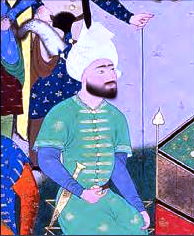
 Church fathers bemoan worship of al-‘Uzza-Aphrodite by the Arabs. One can appreciate, then, once her most bloodthirsty champion, the Lakhmid king of al-Hirah (made infamous by al-Mundhir III, d. 554), abandoned al-‘Uzza to embrace Christianity.
Church fathers bemoan worship of al-‘Uzza-Aphrodite by the Arabs. One can appreciate, then, once her most bloodthirsty champion, the Lakhmid king of al-Hirah (made infamous by al-Mundhir III, d. 554), abandoned al-‘Uzza to embrace Christianity. 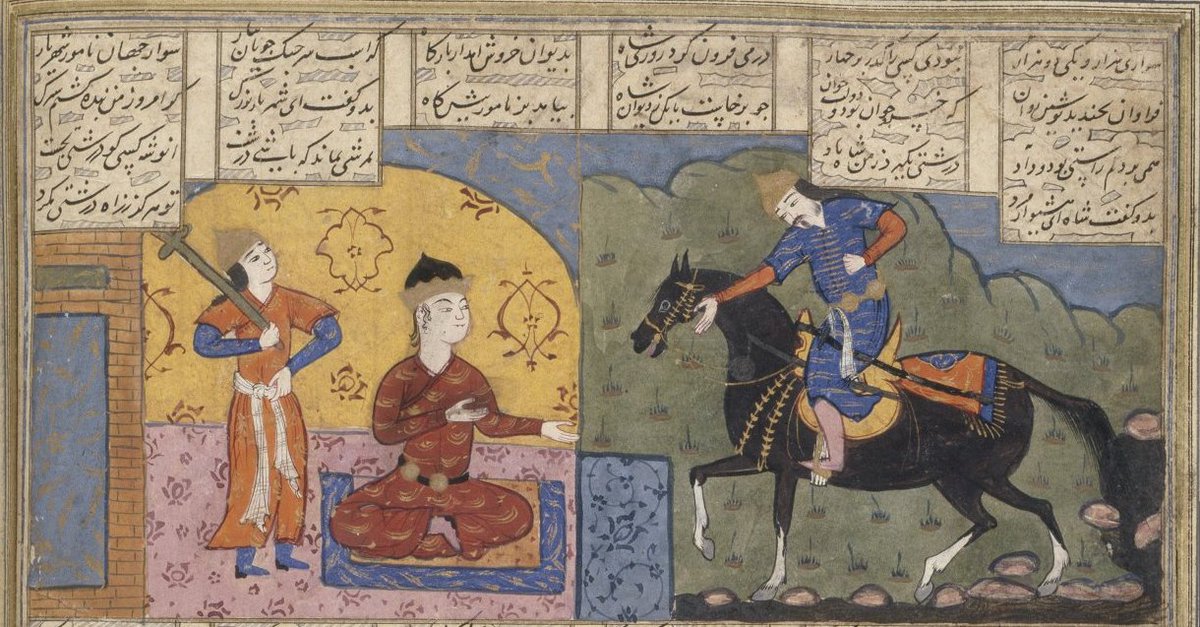
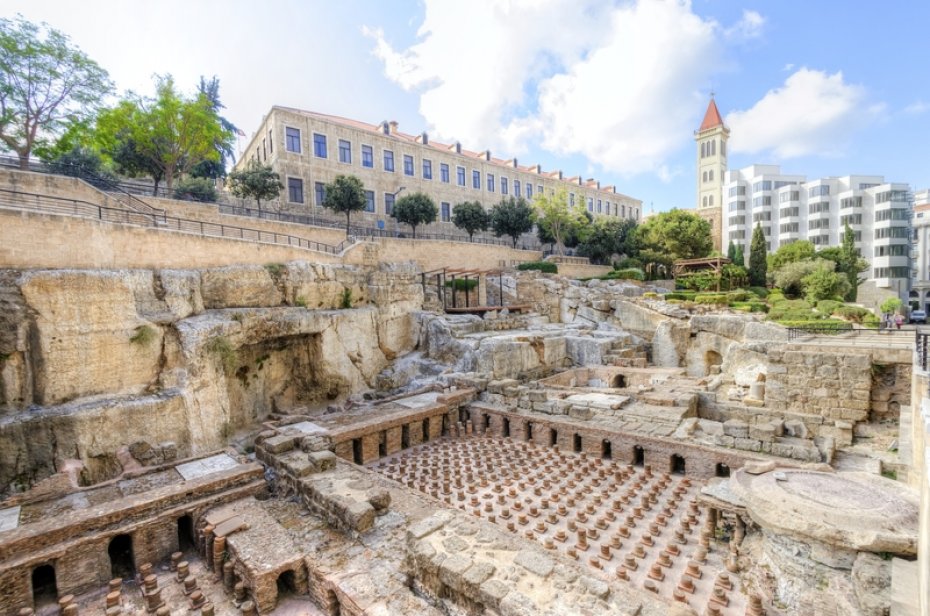

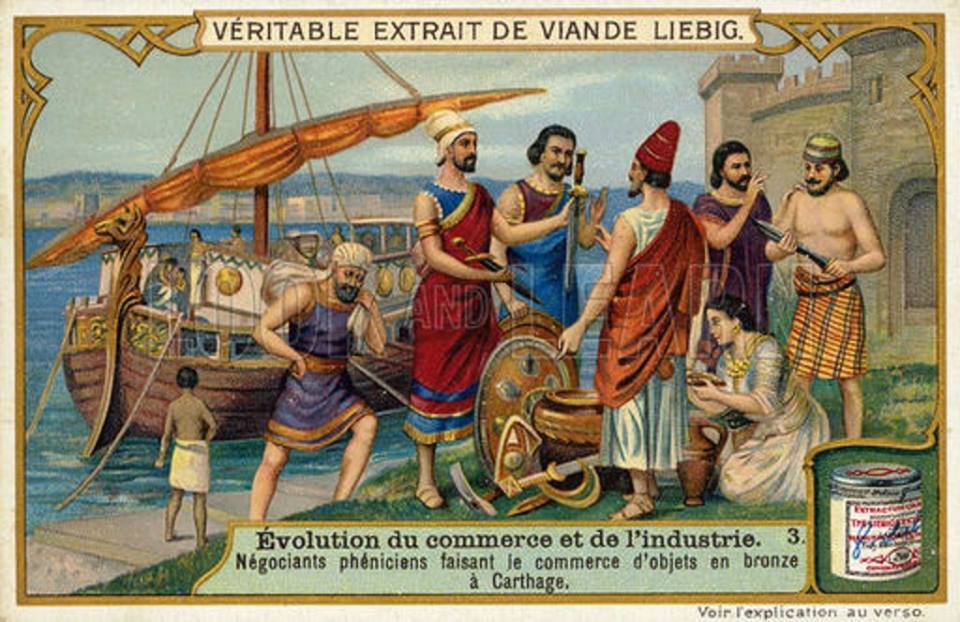 Beirut (Lt. Berytus) was a city was settled thousands of years ago, serving as a port for generations of Phoenicians, Greeks and Romans. The Severan dynasty sowed the seeds of Roman jurisprudence, a Semitic tradition which thrived along the Levantine coast of Syria, ...
Beirut (Lt. Berytus) was a city was settled thousands of years ago, serving as a port for generations of Phoenicians, Greeks and Romans. The Severan dynasty sowed the seeds of Roman jurisprudence, a Semitic tradition which thrived along the Levantine coast of Syria, ... 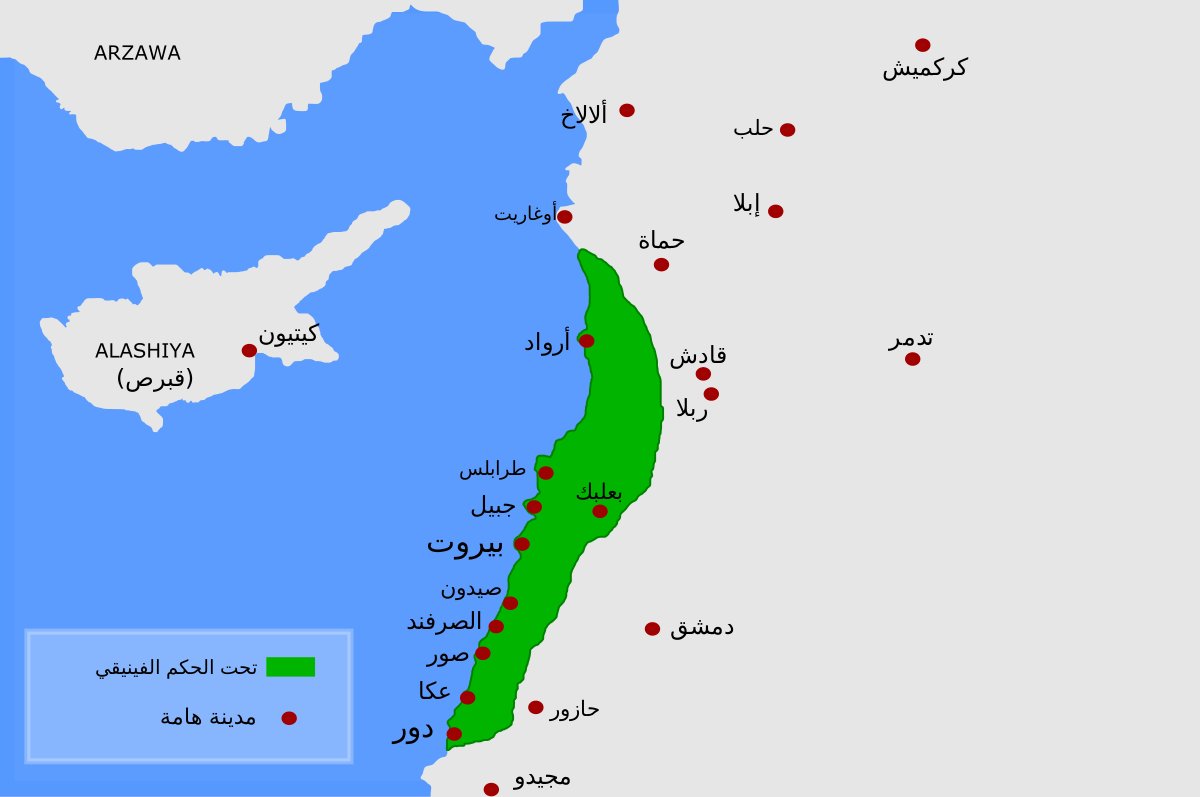

https://twitter.com/emrane/status/1263607264985972738[A] M. Asad translates Q 97:1, “Behold from on high have We bestowed this [divine writ] on the Night of Destiny”


 Islamic tradition debates which odd numbered night of the last 10 days of the month, i.e. 21, 23, 25, 27, 29, Laylat al-Qadr falls (the 27th being a traditional favorite).
Islamic tradition debates which odd numbered night of the last 10 days of the month, i.e. 21, 23, 25, 27, 29, Laylat al-Qadr falls (the 27th being a traditional favorite).
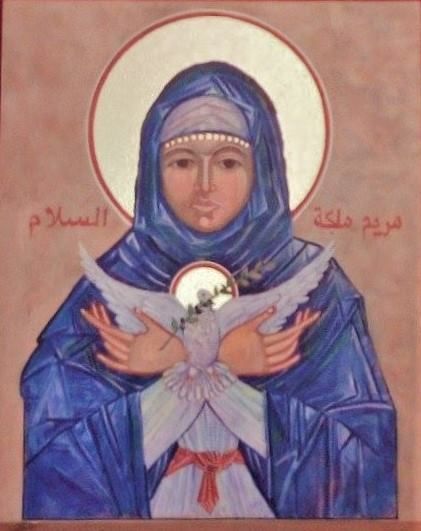
 The cult of the Mother goddess was a staple of Near Eastern antiquity & native to early Semitic churches, prior to Greco-Roman supremacy. It left an indelible mark on all churches through the veneration of the virgin Mary & medieval Mariolatry & Mariology
The cult of the Mother goddess was a staple of Near Eastern antiquity & native to early Semitic churches, prior to Greco-Roman supremacy. It left an indelible mark on all churches through the veneration of the virgin Mary & medieval Mariolatry & Mariology 
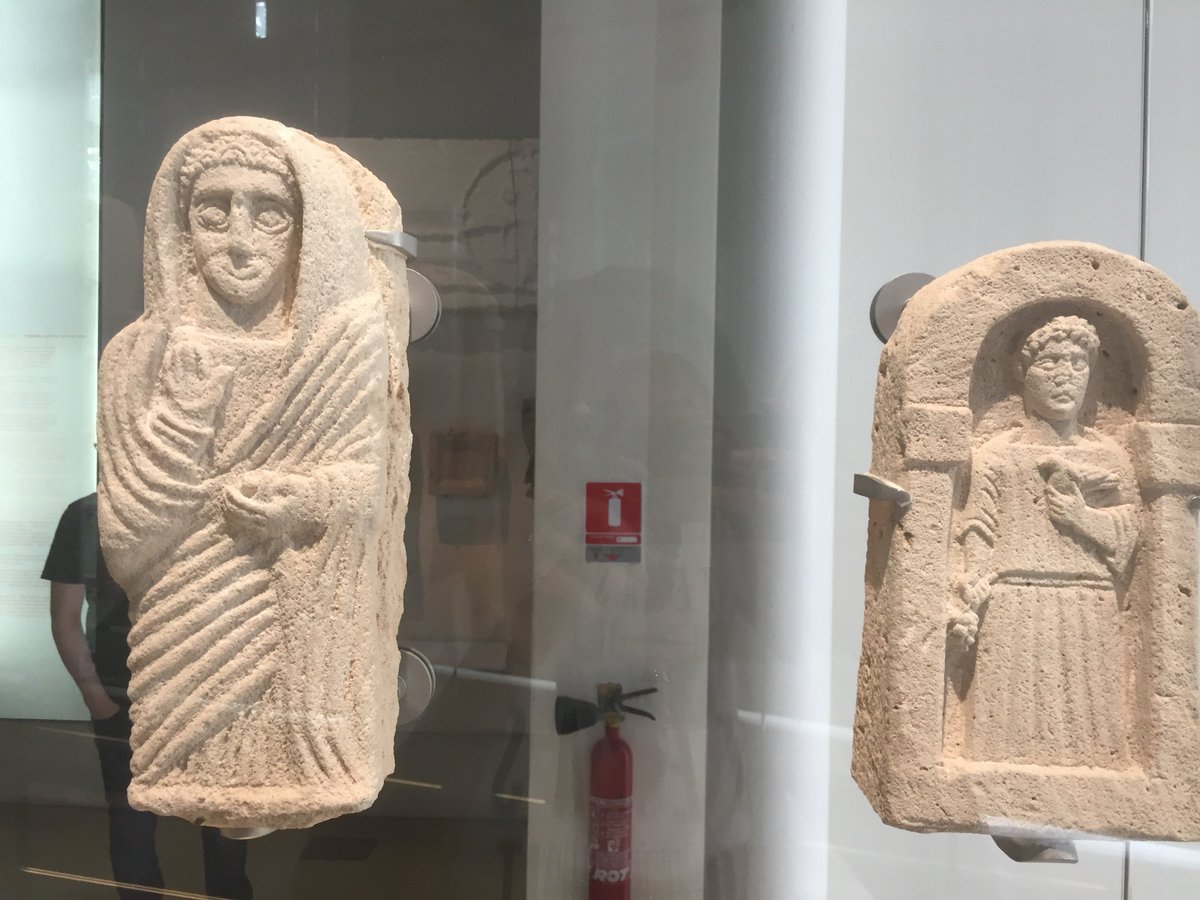
 This statue of a South Arabian woman praying is striking! Her arms are inviting--confident but warm--and the inset blue eyes exude a haunting realism. This statue is among many similar praying male statues. Hayd ibn Aqil, K. of Qataban, Yemen, 3rd C BCE - 2nd C CE
This statue of a South Arabian woman praying is striking! Her arms are inviting--confident but warm--and the inset blue eyes exude a haunting realism. This statue is among many similar praying male statues. Hayd ibn Aqil, K. of Qataban, Yemen, 3rd C BCE - 2nd C CE 
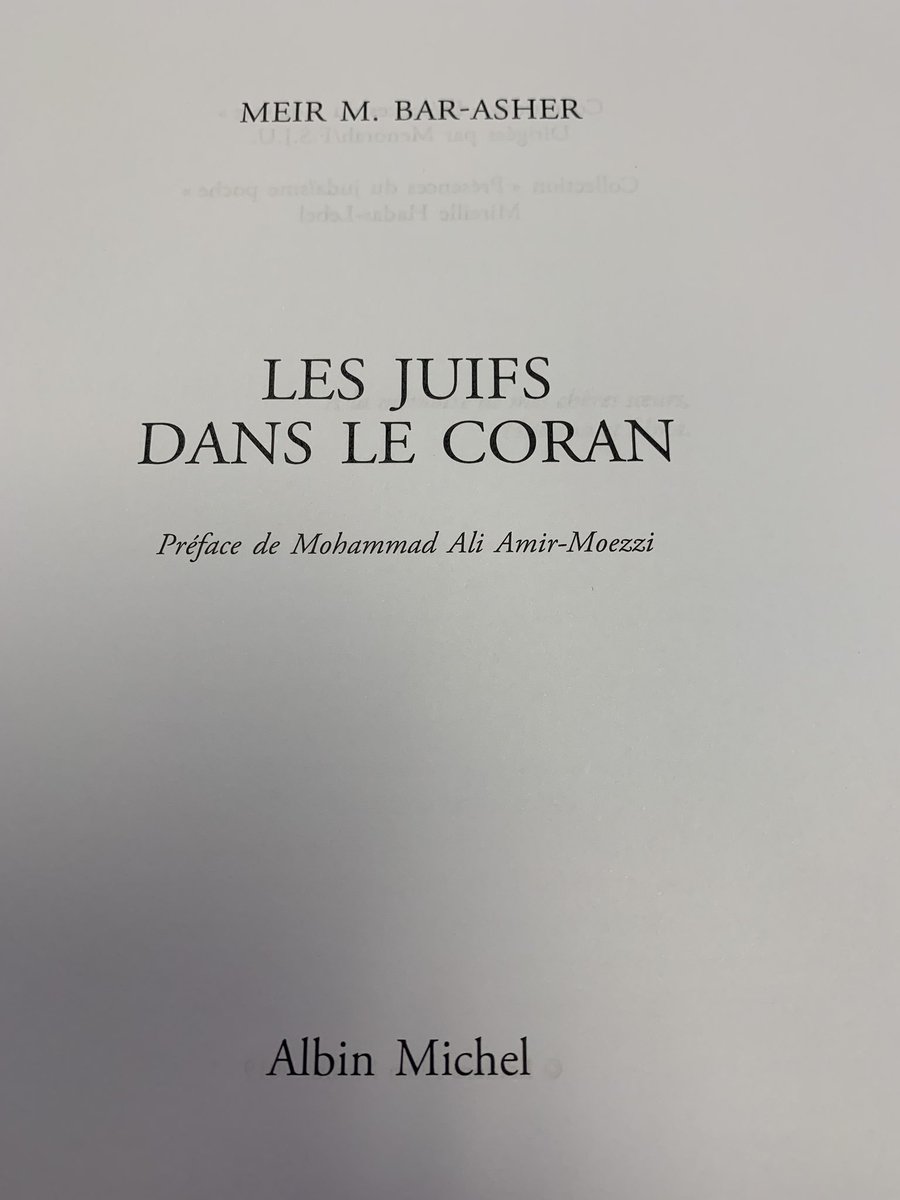
 The term banū isrā’īl is positive hardening back to biblical/post biblical peoples. The term yahūd is perforation referent to Jewish interlocutors of Muhammad in 7th C Hijaz.
The term banū isrā’īl is positive hardening back to biblical/post biblical peoples. The term yahūd is perforation referent to Jewish interlocutors of Muhammad in 7th C Hijaz.